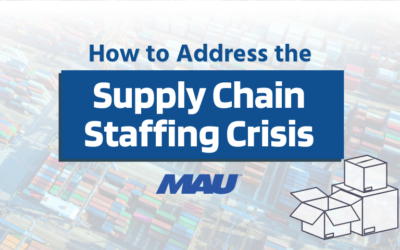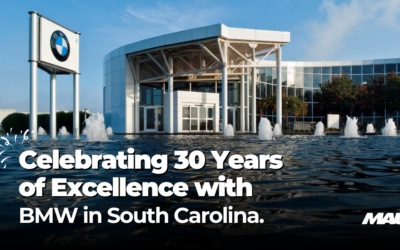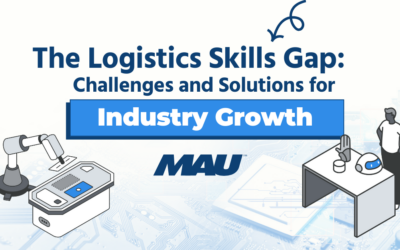Advancements in artificial intelligence (AI) are revolutionizing industries across the globe, raising important considerations about the effects on the human workforce. While AI offers incredible opportunities for task automation and improved efficiency, it also sparks concerns regarding job displacement and the need for reskilling. Understanding the implications of AI in the workplace is crucial as we navigate these transformative times and create an AI-ready Workforce.
The manufacturing sector, in particular, is poised for significant changes due to AI integration. Once-arduous manual labor tasks that were exclusively handled by humans can now be efficiently executed by robots and automated systems. This shift towards automation may trigger job displacement for workers engaged in repetitive duties like assembly line work and material handling. In fact, studies indicate that a staggering percentage of current job tasks could be automated through AI between 2030 and 2060. However, it is important to note that AI will not eliminate the need for human workers altogether. Rather, it mandates a shift in the workforce’s skillsets.
How Will AI Impact the Workforce?
As AI assumes mundane and routine responsibilities, human workers must proactively upskill themselves to remain competitive in an evolving job market. The demand for professionals with advanced technical skills, such as programming, data analysis, and system management, will experience a surge. These individuals will be pivotal in operating and maintaining AI-enabled machinery. Furthermore, jobs that emphasize creativity, problem-solving, and critical thinking will become increasingly valuable, as they necessitate the human ingenuity that AI lacks.
AI’s influence on the manufacturing workforce goes beyond job displacement and skill requirements. It also has the potential to create new employment opportunities. As AI rapidly integrates into manufacturing processes, novel roles will emerge, focusing on managing and optimizing AI systems for seamless operation and leveraging AI-generated insights to enhance production efficiency. By embracing AI technology, manufacturers can open doors for workers in fields such as AI engineering, data analysis, and process optimization.
How Can Business Prepare?
To successfully navigate the impact of AI in the manufacturing workforce and proactively address challenges, both manufacturers and policymakers must be cognizant of the potential disruptions. Investing in reskilling programs to equip workers with necessary technical skills will be paramount. Similarly, fostering a culture of continuous learning and adaptability will ensure that the workforce remains agile in the face of AI-driven changes. Moreover, exploring innovative ways to harness the collective capabilities of humans and AI in the manufacturing process can lead to groundbreaking advancements.
In conclusion, as AI becomes increasingly ingrained in our society, understanding its effects on the human workforce is of utmost importance. The manufacturing industry, in particular, is set to undergo substantial changes due to increasing automation. By embracing AI’s potential, nurturing a skilled workforce, and forging strategic partnerships between humans and AI, we can pave the way for a bright future that harnesses the best of both worlds. Policymakers and manufacturers alike must collaborate to minimize disruptions, invest in reskilling initiatives, and create an ecosystem that embraces the transformative power of AI. Together, we can shape a prosperous future where humans and AI coexist harmoniously.
To learn more about how automation will impact the manufacturing industry, check out our White Paper!






